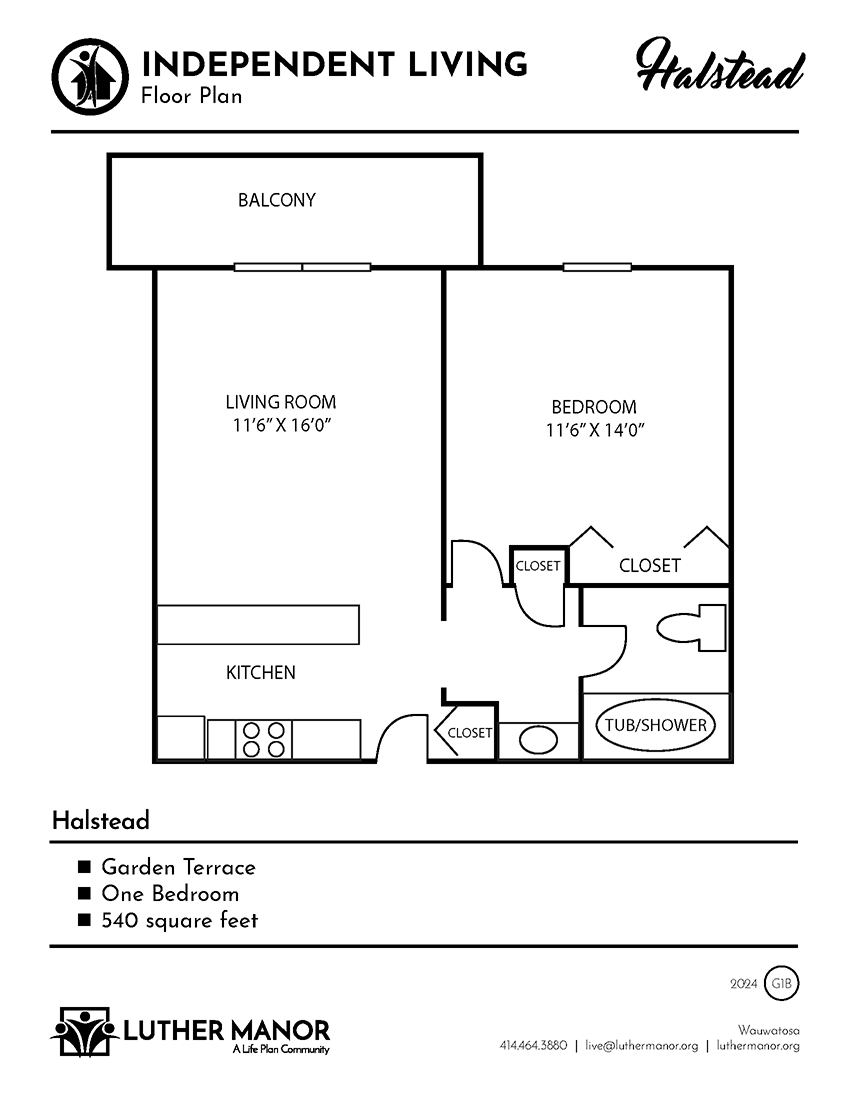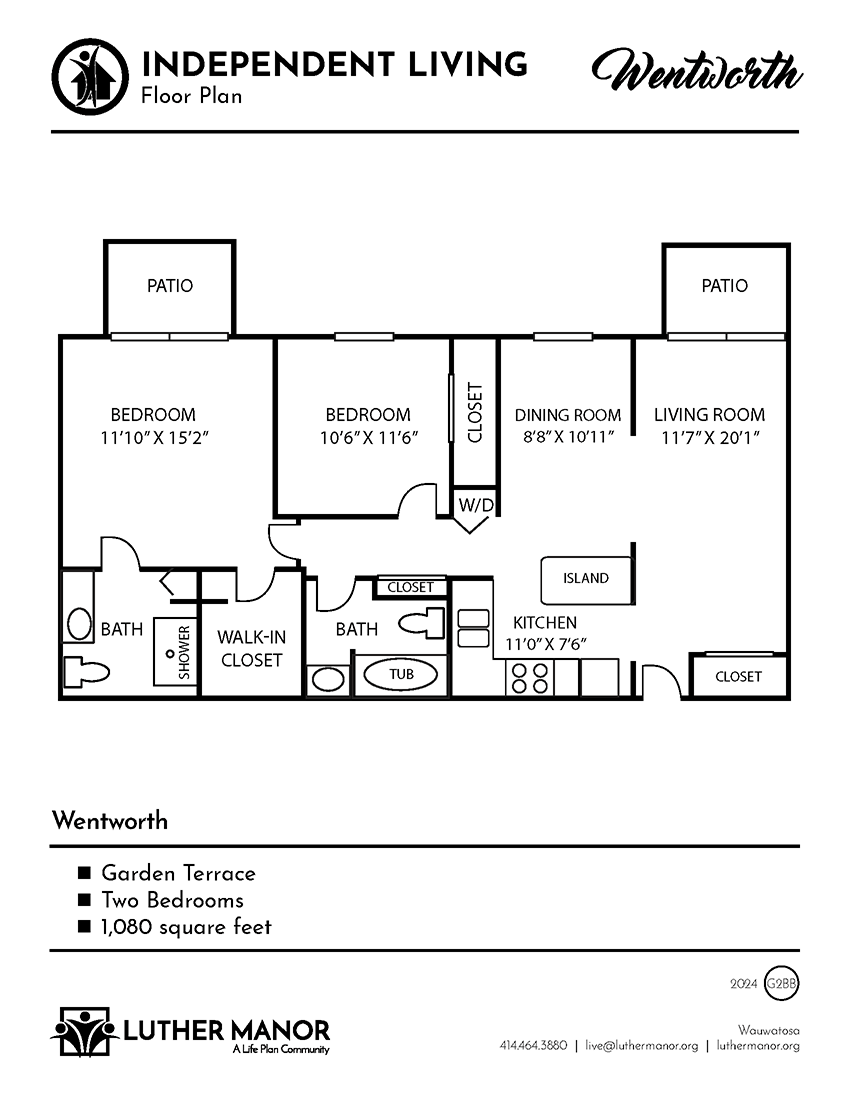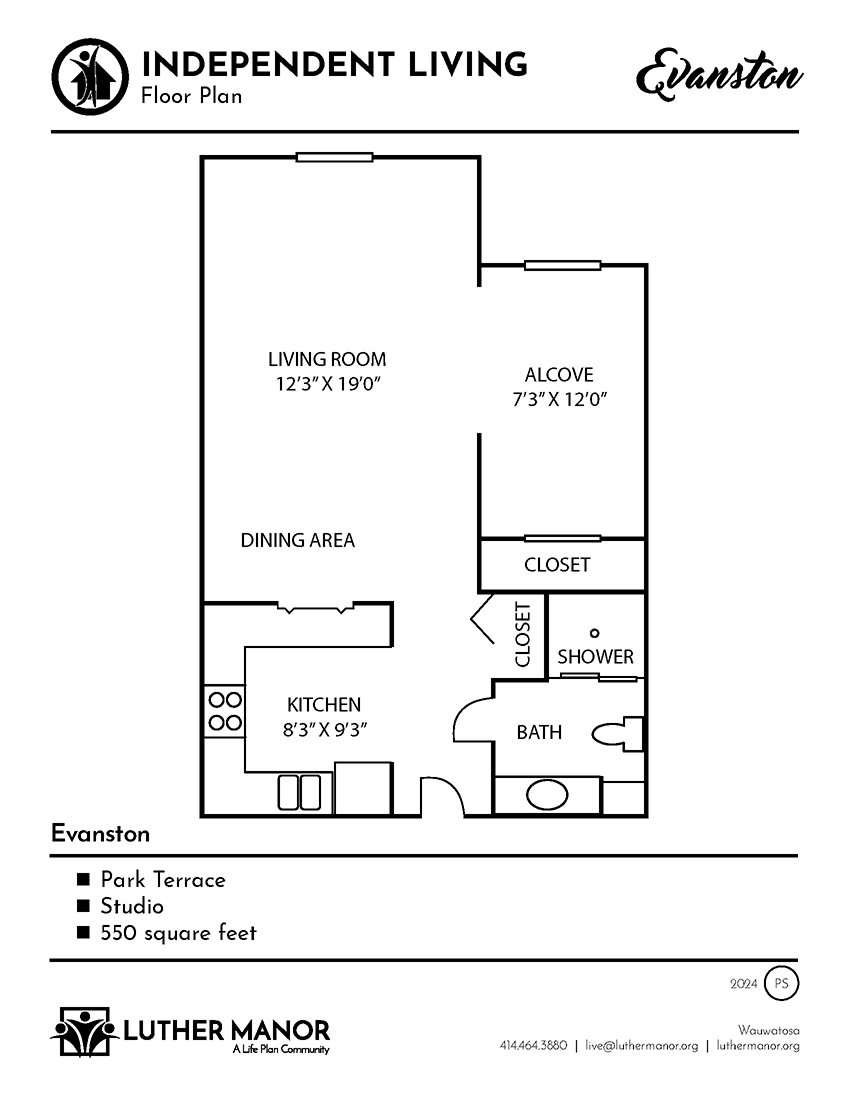
Whether you prefer the traditional pen-to-paper route, the convenience of typing on a keyboard or screen, or the ease of voice recordings, journaling for seniors is a gateway to self-discovery, cognitive vitality and emotional well-being.
The purpose of journaling varies for everyone, and it’s a practice older adults can . For some, journaling is an outlet for looking back on fond memories or significant moments, keeping family history alive or observing the world around you. Other seniors use it as a therapeutic or creative outlet for storytelling, soul-searching, or processing thoughts and emotions.
This blog explores the transformative power and positive effects of journaling for seniors. Discover practical tips for starting a journal, uncover ideas to overcome writer’s block and learn how Luther Manor fosters creative expression among our residents.
What Does Journaling Do to the Brain?
Through journaling, seniors can unlock a treasure trove of life-enriching benefits. This creative outlet for self-expression allows seniors to explore their passions, interests and unique perspectives. Seniors who maintain a journal often report reduced stress levels, improved mood and enhanced overall well-being. Additionally, writing can instill a sense of accomplishment and empowerment, boosting self-esteem and resilience.
Does journaling help with memory? Yes! Beyond its emotional benefits, journaling has tangible effects on brain function and cognitive vitality. Engaging in regular writing exercises helps stimulate neural pathways associated with mental processing and memory retention. By actively recalling and documenting experiences, older adults can strengthen their cognitive abilities and preserve cherished memories.
Tips for Starting a Journal
When journaling, seniors can explore various topics tailored to their interests, experiences and preferences. It’s essential to select a format that feels comfortable and accessible to you, so start by choosing a documentation method that suits your style. Options include writing by hand in a , documenting with , or taking a hands-free and conversational approach by recording your thoughts and reflections using .
Having a designated time can help make journaling a consistent habit. Set aside dedicated time each day for journaling, such as in the morning as a reflective exercise or in the evening to unwind and decompress.
Write freely without constraints, and don’t worry about grammar or structure. Embrace imperfections and allow your authentic voice to shine through. Consistency is also key for successful journaling for seniors. Aim to make it a regular part of your routine, even if it’s just a few minutes each day.
If you’re feeling stuck and need writing prompts, consider these ideas to ignite your inspiration and discover your purpose of journaling.
- Reflect on pivotal moments and cherished memories throughout your life, including childhood adventures, milestone achievements and memorable vacations.
- Write about things you’re thankful for daily, expressions of appreciation for loved ones or acts of kindness you’ve experienced.
- Capture details of your daily life, including moments of joy or inspiration, challenges you overcame or discoveries made.
- Unleash your creativity through storytelling, poetry or fictional narratives. Invent characters, craft plotlines or explore imaginative worlds.
- Engage in introspection by writing about your thoughts, feelings and personal insights.
- Explore topics such as self-discovery, life lessons learned or areas for personal growth.
- Preserve your family history by recording stories, traditions and anecdotes passed down through generations. Write about family gatherings, heirlooms or cultural traditions that hold special significance.
- If you’re passionate about travel, write about notable destinations, cultural experiences and encounters with new people during your adventures.
- Sharpen your observational skills and connect with the world around you by documenting nature walks, neighborhood sights or interactions with wildlife.
- Add visual interest and personal flair by incorporating drawings, doodles, photographs or mementos into your journal entries.
Luther Manor’s Commitment to Creative Expression
Journaling offers older adults a rewarding outlet for self-expression and personal discovery within a safe environment where every word has the potential to inspire and uplift.
At Luther Manor, we embrace the diverse interests of residents and foster creative expression through life enrichment programs such as our writers’ club. Whether they’re penning poetry, memoirs, personal essays or just jotting down their thoughts, residents are part of a supportive community where they can explore their creative side and authentically connect with others through the written word.
Explore the abundant at Luther Manor designed to infuse your retirement with fulfillment and vibrancy.
Featured Image: PeopleImages.com – Yuri A / Shutterstock






